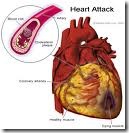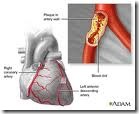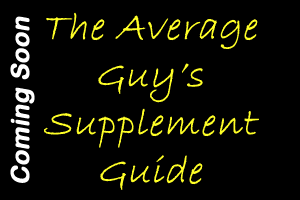The heart – often talked about in both medical and romantic terms. The heart is a muscle that is responsible for pumping blood full of oxygen to the rest of our bodies to provide that essential element to our survival. But, did you know the heart is a muscle – capable of getting stronger and more powerful? But, we can also die from a broken heart – not just in the romantic terms but in medical terms as well.
If you want to live a long time and enjoy all the joys that life has to offer, you need to pay attention to your heart. And if you want to age well and be able to enjoy life to its fullest, you must exercise on a regular basis. The heart as well as all the muscles of our body responds best to consistent and regular exercise. Don't think weekend warrior because that is actually doing more harm than good. Think more moderate exercise stretched throughout your week. You body and especially your heart will thank you. So just how does the heart benefit from exercise? A normal heart is a strong muscular pump that during a lifetime will beat more than 2.5 billion times. The average heart rate of an adult is 70 beats per minute.
When we exercise, the heart responds to this exercise by getting stronger. Just like your biceps or leg muscles get stronger when you exercise, the heart responds the same way. During exercise the blood flow from the heart to the rest of the body can increase tremendously. With a stronger heart muscle, it is now capable of meeting the needs of the hungry exercising muscles. The increased flow of blood to the body is achieved by two methods – the rate by which the heart beats will increase and the amount of blood that it pumps each beat will also increase. Because exercising increases the heart muscle's strength it will push out more blood.
Also as the heart becomes stronger in its ability to pump more blood with each beat, it will have to beat less when in a resting state. This is why endurance athletes have a low resting heart rate. Their heart muscles are so strong from the demands of their sport and in some athletes the resting heart rate will be in as low as 30-40 beats per minute. This adds up over the course of a life span. During exercise the oxygen needed by the heart muscle itself also increases. But, the heart is an amazing organ in design. Our bodies contain tiny little organs throughout that are often call the “furnaces of the cell” because these little organs provide energy to the muscles through complex chemical reactions that take place constantly. The heart muscle contains a larger number of these little organs called mitochondria. More than the rest of our muscles and this means the heart is not as easily fatigued as muscles throughout the rest of our body.
Our heart can also be affected by (or broken) by several medical conditions (obesity, diabetes, high cholesterol, hardening of the arteries), poor diet and lack of exercise. If you want to live a long and productive life, able to enjoy activities and family then it is essential you take care of your heart. Moderate exercise, proper diet and maintaining a healthy weight will keep your heart beating for a long time to come.
Till next time,
Narina
http://victoriawellness.com



